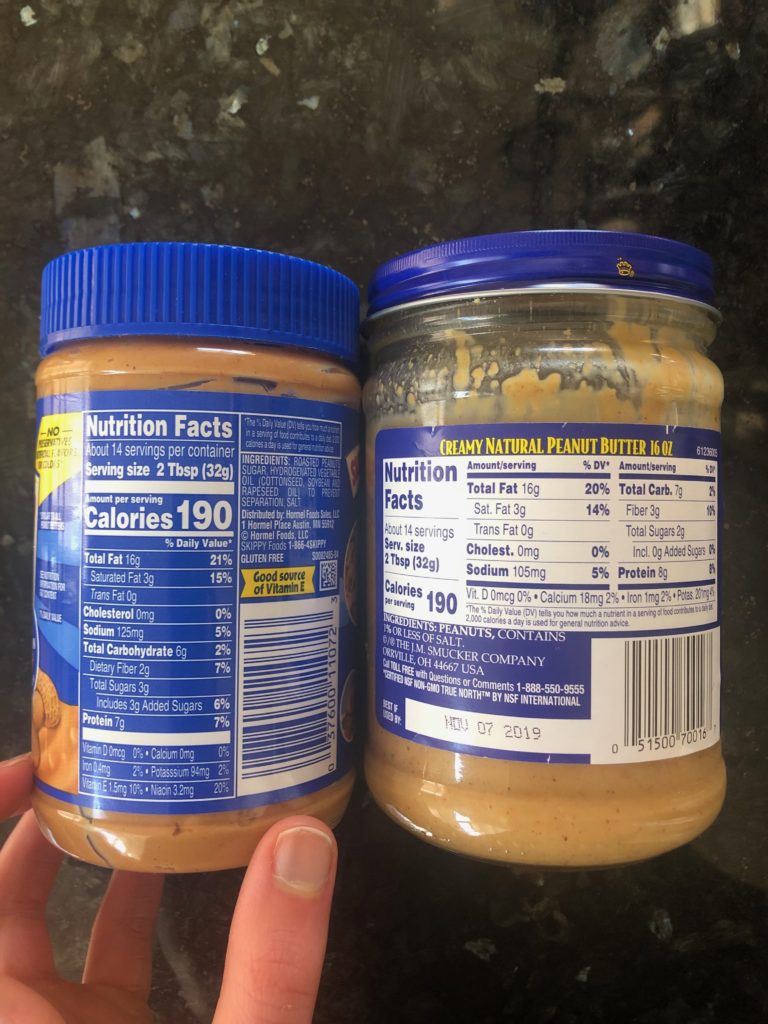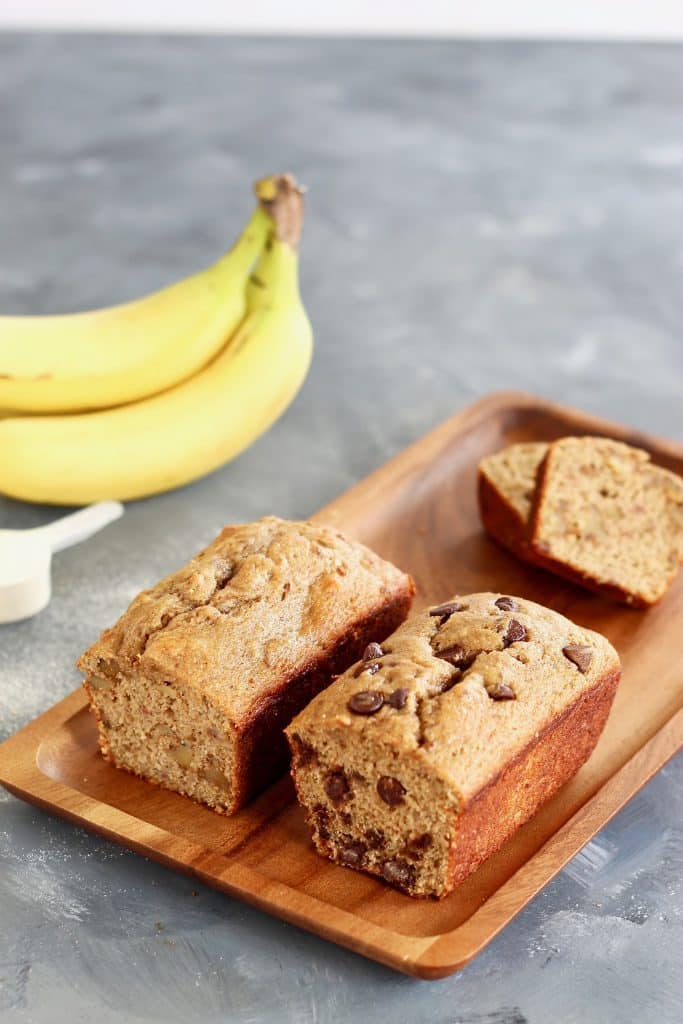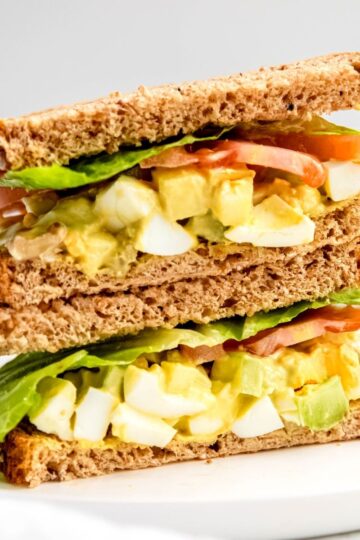What is the No Added Sugar Diet?
Eliminating sugar from the diet for a week, month, or even a year has been a popular diet form recently. The focus of these diets is to eliminate added sugars which are not naturally occurring sugars in fruit, vegetables, and milk. Added sugars including:
- anhydrous dextrose
- brown sugar
- confectioner's powdered sugar
- corn syrup
- corn syrup solids
- dextrose
- fructose
- high-fructose corn syrup (HFCS)
- honey
- invert sugar
- lactose
- malt syrup
- maltose
- maple syrup
- molasses
- nectars (e.g., peach nectar, pear nectar)
- pancake syrup
- raw sugar
- sucrose
- sugar
- white granulated sugar

The idea is to see how your body feels after the "detox", with many reporting improved energy, younger-looking skin, and weight loss.
The American Heart Association's recommendation for added sugar is no more than 25 grams per day for women, and no more than 36 grams per day for men. Most Americans are far surpassing this limit with sugar-laden items like energy drinks, desserts, sweetened cereals, and condiments.
Thoughts
I decided to try to eliminate all forms of added sugar for a week to bring more awareness to the sugar in my diet and gain a better understanding of this dietary pattern that people choose to follow. My diet is already pretty low in added sugars. I naturally get most of the sugars in my diet from fruit and dairy products, with occasional added sugar from salad dressings, whole grain cereals, or dark chocolate. For this reason, I assumed this week would be a breeze… I was wrong.
Throughout the week, I became more aware of sneaky added sugars hidden in other products such as granola bars, coffee drinks, some breads, protein powders, processed peanut butters, ketchup, and dried cranberries.

Throughout the week, I had pretty strong cravings for my typical small dessert after dinner or Quinoa Crunch Granola over my morning yogurt. At one point during the week, I literally smelled my chocolate bar just to sadly put it back in the pantry. Talk about will power, man! Luckily, I was able to get my sweet tooth fix from recipes like my sugar-free Protein-Packed Banana Bread and Peanut Butter and Berry Jam Overnight Oatmeal.

Eating out was tricky. I got brunch with a friend at a restaurant with enticing options like pancakes, waffles, and french toast. Instead, I opted for the turkey and egg white wrap. It was good, but did not fully satisfy my true craving.

This is where the idea of the diet falls off for me. In my daily diet, I always go back to my nutrition philosophy of intuitive eating. We should listen to our body and eat with the mindset of balance. Sometimes this means satisfying our cravings and realizing that a little bit of added sugar, within reason, will likely not be detrimental.
In fact, having a healthy relationship with food in this way is so important for maintaining a healthy body and mind. Not to mention-this balance is important so you don't miss out on the sweet enjoyments in life.
For example, I strive to eat healthy on a routine basis but if I'm craving a nutella-filled crepe on the brunch menu or want to snag a homemade cookie brought in by a co-worker-I feel the freedom to go for it! Ultimately, food is our nourishment but it's also a huge part of enjoying life. Choose both nourishment and joy.

Takeaways
Like most all diets, the No Added Sugar Diet has both pros and cons.
Pros: Added sugars can definitely afford to be decreased in our society. Too much of them in the diet can be linked to serious diseases such as diabetes, heart disease and liver disease. By cutting out sugar, there is more emphasis on consuming nutrient-dense foods like fruits and vegetables as well as eating less processed foods.
Cons: This diet promotes the idea of elimination of all items containing added sugar, rather than focusing on a balanced diet filled with whole grains, fruits, vegetables, nuts and seeds, low-fat dairy, and lean protein. Individuals should be cautious of elimination diets (unless prescribed by a doctor or registered dietitian nutritionist) as in turn, this can lead to a negative relationship with food. The diet may also cause effects like irritability, cravings, and headaches.
Main Takeaways: The No Sugar Added Diet may be beneficial for individuals looking to decrease sugar to try for a short time period to bring awareness to sources of added sugar in their diet. However, this diet can be pretty restrictive long-term. Instead, a mindset of balance and moderation can promote a healthy body and a healthy relationship with food.
Looking to be more mindful of added sugar in your diet? Check out some of my sugar free recipe options here!






Leave a Reply